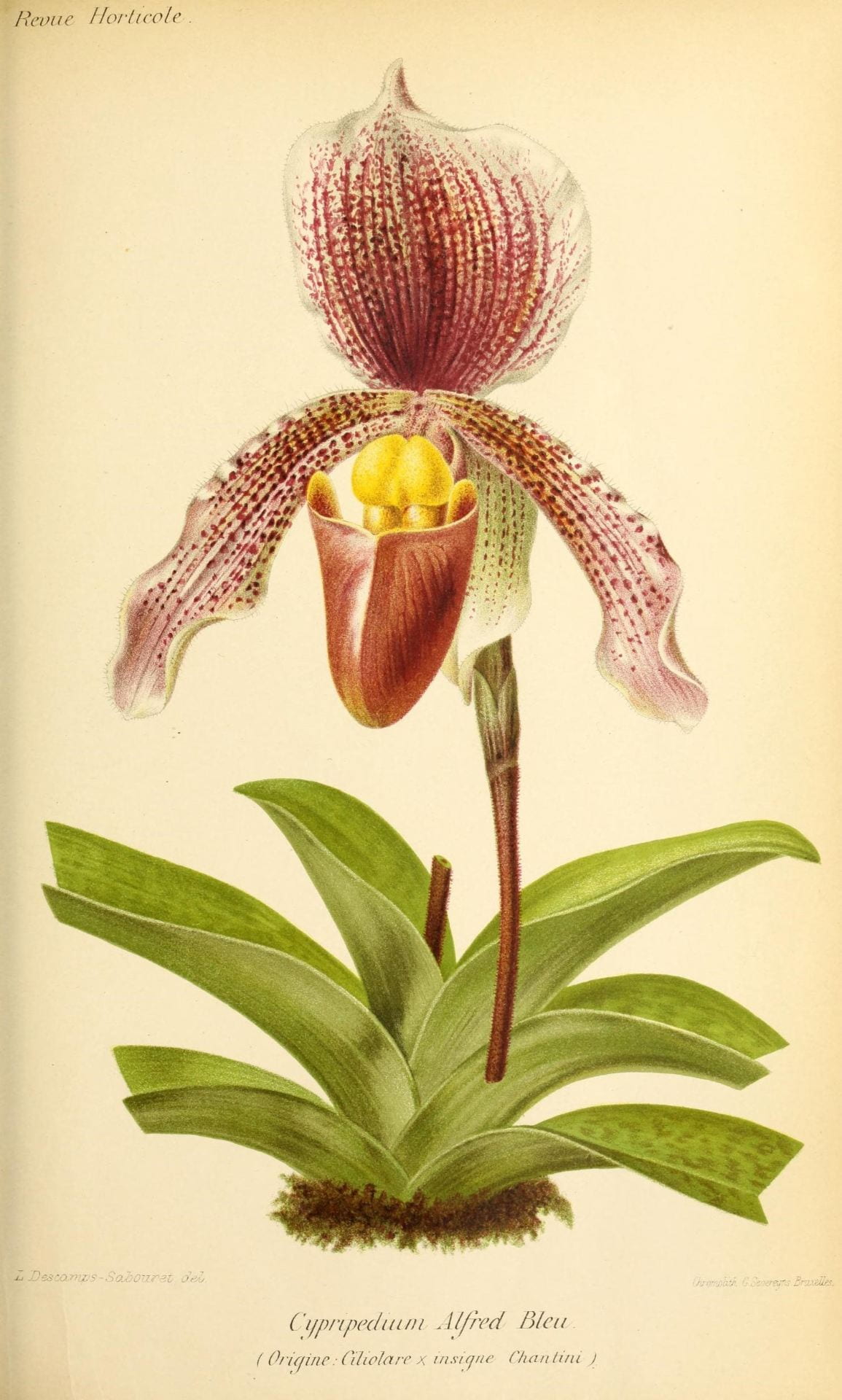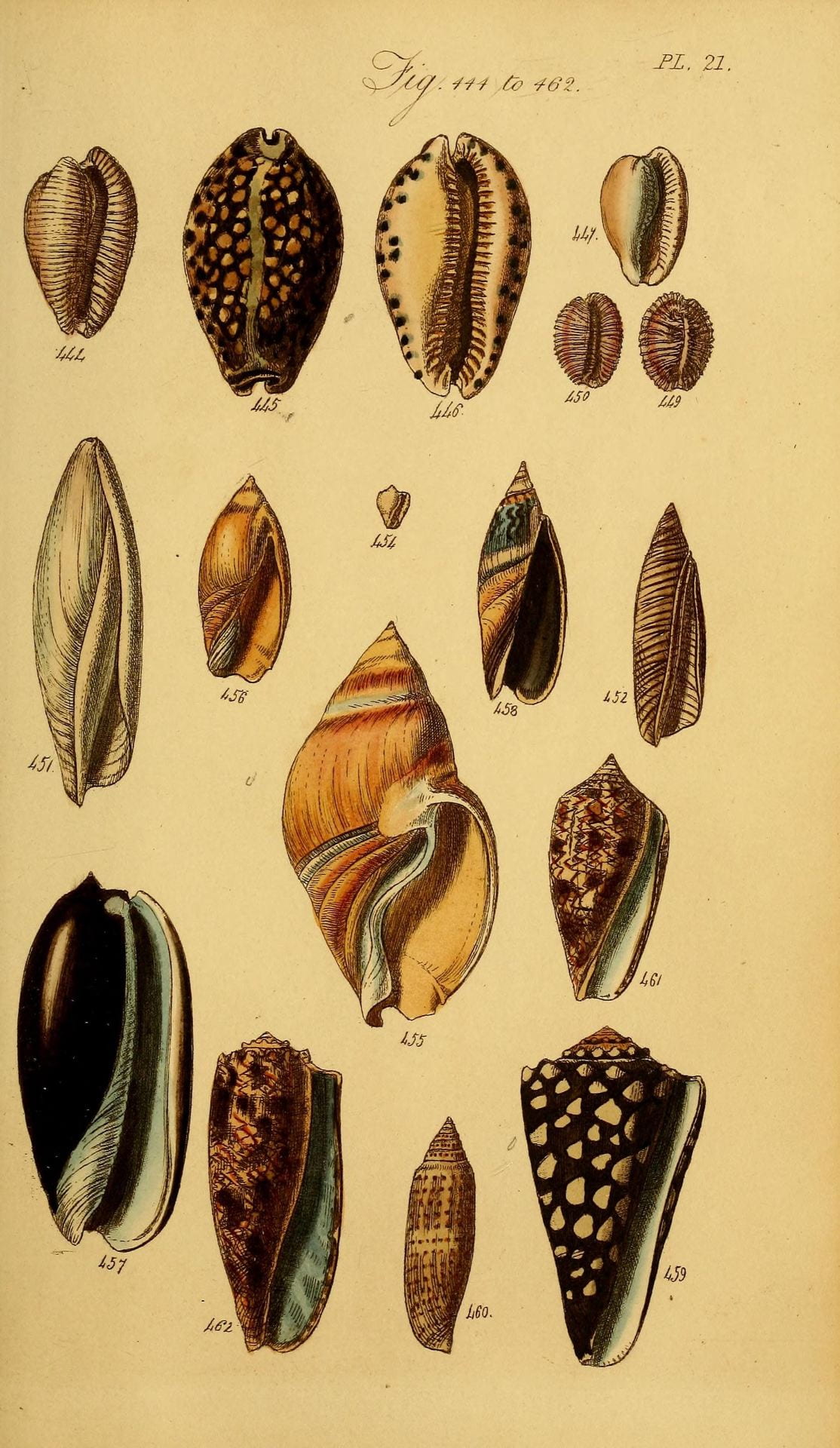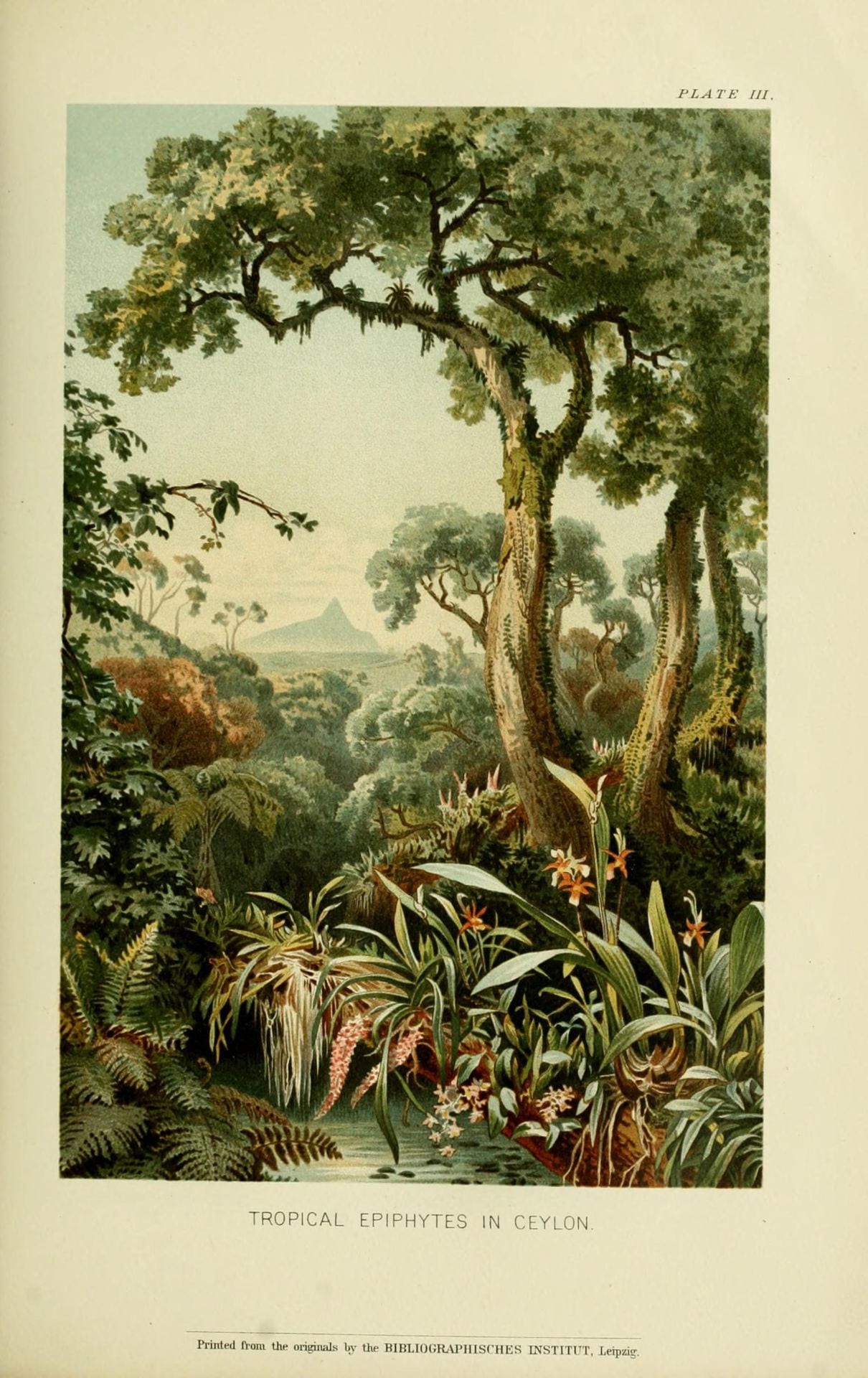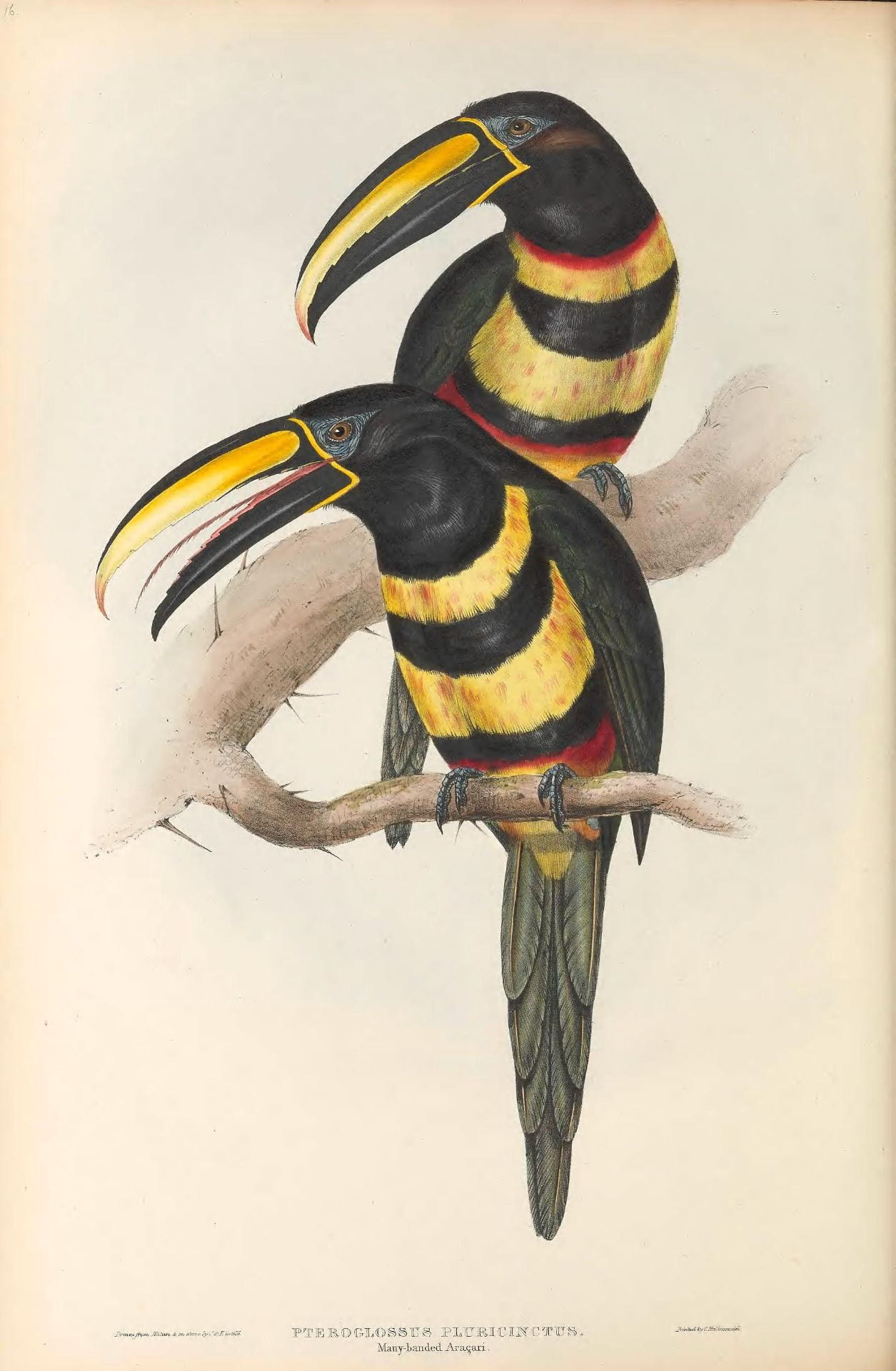Journal Club
Here you can find information related to our most
recent reading group.

History of eugenics:
Co-production of genetics and the social control of reproduction
(Fall, 2023)
In the fall of 2023, the DEI committee organized an informal reading group on the history and legacy of eugenics in genetics and evolutionary biology. The goal of this reading group was to explore and understand how the historical context of the 19th and 20th centuries shaped the fields of Genetics and Evolution, and how it has influenced its current practice.
While there are many dimensions to consider when approaching this issue, we decided to frame our discussions under the notion of the mutual and reciprocal feedback between science and society (co-production). We guided our discussion using Adam Rutherford’s book Control: The Dark History and Troubling Present of Eugenics.
Here you will find the complete syllabus, which includes the chapter list for each session and the questions we proposed to guide our discussions. Here you will find a handout that summarizes key points about the co-production of science and other parts of society. It is derived from the first two chapters of Sheila Jasanoff’s book States of Knowledge: The Co-production of Science and the Social Order.
Overview
Science materializes from the collective human efforts to build and organize knowledge; in turn, society emerges as a product of human collaboration based, in large part, on our shared understanding of the world around us. Science and society are intricately woven together and influenced by the same cultural, political, institutional, and ideological processes. Scholarship in the sociology of science has recognized this interdependence of science and society as co-production – the notion that science and society shape each other continuously and reciprocally, and cannot exist in isolation. Recognizing this connection is pivotal for unraveling the complexities of science as a human and social endeavor. It prompts us to ponder questions such as: How does a society adopt scientific knowledge? In what ways does society impact the formation of scientific ideas? How, in turn, does science shape society?
The development of eugenics in the 19th and 20th centuries serves as a vivid illustration of the inseparable relationship between science and society. The science and practice of eugenics were deeply entangled with politics, ultimately leading to one of the most tragic chapters in modern history – the Holocaust. Eugenics also brought monumental scientific strides in genetics, evolution, and statistics. In this iteration of our EE DEI Journal Club, we will immerse ourselves in Adam Rutherford’s book Control: The Dark History and Troubling Present of Eugenics. Employing the co-production framework, we will navigate the complex history of the eugenics movement, scrutinize its political underpinnings, analyze the historical context of these ideas, and unravel the origins and motivations of its scientific legacies. Furthermore, we will discuss how emerging technologies for genetic association and screening become entangled into our current social imaginary, and contemplate their implications for individuals and society at large.

Colonialism in Ecology
(Winter, 2022)
In the winter of 2022, the DEI committee organized an informal reading group on the history and legacy of colonialism in Ecology. The goal of this reading group was to explore and understand how the historical context of the 18th and 19th centuries shaped the field of Ecology, and how it has influenced its current practice.
While there are many dimensions to consider when approaching this issue, our main goal was to educate ourselves using scholarship research, while fostering a productive and open discussion, on four main topics that we thought would be relevant to the members of our department and the broader community: (1) The history of colonialism in tropical ecology, (2) western conservation and land grabs, (3) colonization and paradigms of knowledge, and (4) parachute science. We guided our discussion using Megan Raby’s American Tropics: The Caribbean Roots of Biodiversity Science book and complemented it with several papers covering specific topics.
Here you will find the complete syllabus, which includes the list of readings and the questions we proposed to guide our discussions. And here you will find all the reading material.
Overview
The participation of naturalists in 18th and 19th-century geographic expeditions was an important factor in the development of scientific thought leading to the modern fields of ecology and evolution. These expeditions, and the work of natural historians more generally, took place in the context of the European colonialist period, with its distinctive history of subordination, oppression, and disregard for non-European cultures. Scholarship in the history of science has begun to explore how this historical context influenced the development of modern concepts and practices in ecology and evolution, such as the notion of biodiversity, the framing of tropical biology as a subfield, and the rise of an international effort for the conservation of nature. For example, current ecological field studies have often occurred with little inclusion of the knowledge, concerns, or involvement of local people; this practice reflects and perpetuates the perception that scientific knowledge is largely the purview of people and cultures with European roots, with local people relegated to a role of passive bystanders or ecological objects.
We will read and discuss scholarly works exploring how the development of field ecology was influenced by the political, economic, and social context of the 18th and 19th-century colonialism, consider how the legacy of colonialism still affects the practice of ecology and conservation (and ideas about the nature of ecological knowledge itself), and discuss ways in which we can improve the field and its practice.
Selected Readings
Here you can find a selection of readings on genetics, evolution,
ecology, and the academy in general covering issues on DEI.
Complement the readings from our journal club with a selection of historical and contemporary papers covering issues on colonialism and ecology; race, genetics, and evolution; and inclusion in academia.
While this is not an exhaustive list of readings, we hope this can provide a good starting point for anyone interested in understanding the complexities of our fields and ways to move forward.
- Navigating STEM Graduate School Interviews as a Marginalized Trainee (Read)
- Equity, Diversity and Inclusion: Científico Latino (Read)
- How to Support Equity and Diversity in Academic and Science Events (Read)
- Considering Student Voices: Examining the Experiences of Underrepresented Students in Intervention Programs (Read)
- You are welcome here: A practical guide to diversity, equity, and inclusion for undergraduates embarking on an ecological research experience (Read)
- What Black scientists want from colleagues and their institutions (Read)
- Sexism in the Academy: Women’s narrowing path to tenure (Read)
- How to fight racism using science (Read)
- A diverse view of science to catalyse change (Read)
- Ecology and evolutionary biology must elevate BIPOC scholars (Read)
- Who are we now? A demographic assessment of three evolution societies (Read)
- Strategies and support for Black, Indigenous, and people of colour in ecology and evolutionary biology (Read)
- African Americans in evolutionary science: where we have been, and what’s next (Read)
- Women in evolution – highlighting the changing face of evolutionary biology (Read)
- Hidden figures in ecology and evolution (Read)
Miscellaneous
Contemporary reflections
- Screwing Humboldt and his hagiographers (Read; Read in Spanish: Sobre Humboldt y el colonialismo epistemológico: La Invención de la Naturaleza de Andrea Wulf)
- Decolonizing the Hunt for Dinosaurs and Other Fossils (Read)
- Director of science at Kew: it’s time to decolonise botanical collections (Read)
- The Problem of ‘Colonial Science’ (Read)
- Decolonise science – time to end another imperial era (Read)
- How decolonization could reshape South African science (Read)
- It’s taken thousands of years, but Western science is finally catching up to Traditional Knowledge (Read)
- Decolonizing or Recolonizing? The (Mis)Representation of Humanity in Natural History Museums (Read)
- Decoloniality and anti-oppressive practices for a more ethical ecology (Read)
- A set of principles and practical suggestions for equitable fieldwork in biology (Read)
Academic works
- Turning the tide of parachute science (Read)
- Disadvantages in preparing and publishing scientific papers caused by the dominance of the English language in science: The case of Colombian researchers in biological sciences (Read)
- Monolingual searches can limit and bias results in global literature reviews (Read)
- Global inequity in scientific names and who they honor (Read) — Also, explore the initiative ‘Bird names for Birds’ here
Historical documents
- Darwin on Tierra del Fuego natives (Journal of researches into the geology and natural history of the various countries visited by H.M.S. Beagle, chapter XI; Read)
Misellaneous
- Bio-Dem, a tool to explore the relationship between the availability of species occurrence records and the political framework in countries worldwide and through time.
Books
- American Tropics: The Caribbean Roots of Biodiversity Science (Megan Raby)
- Decolonizing Methodologies: Research and Indigenous Peoples (Linda Tuhiwai Smith)
Contemporary reflections
- Understanding our eugenic past to take steps towards scientific accountability (Read)
- Race, eugenics, and the canceling of great scientists (Read)
- When Racism Was a Science (Read)
- The invention of whiteness: the long history of a dangerous idea (Read)
Historical documents
- Geneticists and the Biology of Race Crossing (Provine; Read) *This is a useful historical overview, to begin with.
- Eugenics: its definition, scope and aims (Galton; Read)
- Letter from Ernst Mayr to Francis Crick on race and “positive eugenics” (Read)
- The Biology of Race and the Concept of Equality (Mayr; Read)
- The race concept in biology (Dobzhansky; Read)
- Darwin and Slavery (JBS Haldane; Read)
- The inequality of man (JBS Haldane; Read)
- The Eugenics Record Office at Cold Spring Harbor, 1910-1940: An Essay in Institutional History (Read)
- Pioneers of genetics: a comparison of the attitudes of William Bateson and Erwin Baur to eugenics (Read)
- Julian Huxley and the Continuity of Eugenics in Twentieth-century Britain (Read)
- Eugenics in Evolutionary Perspective (Huxley; Read)
- UNESCO Statement on Race and Racial Prejudice (Read) *This statement was put together as a response to the atrocities committed by Nazis, who used Galton’s work on eugenics for their political purposes.
- Social Biology and Population Improvement (“Geneticists’ Manifesto”; Read)
- Geneticists Embattled: Their Stand Against Rampant Eugenics and Racism in America During the 1920s and 1930s (Read)
- Eugenics, The Science of Human Improvement by Better Breeding (Davenport; Read)
Books
- Race Unmasked: Biology and Race in the Twentieth Century (Michael Yudell)
- Superior: The Return of Race Science (Angela Saini)
- In the Name of Eugenics: Genetics and the Uses of Human Heredity (Daniel J. Kevles)




